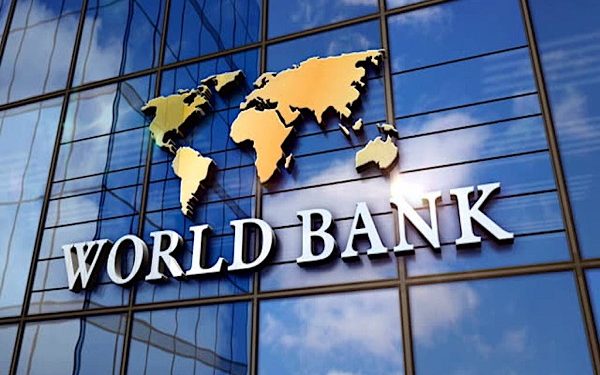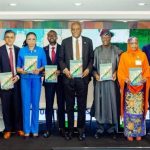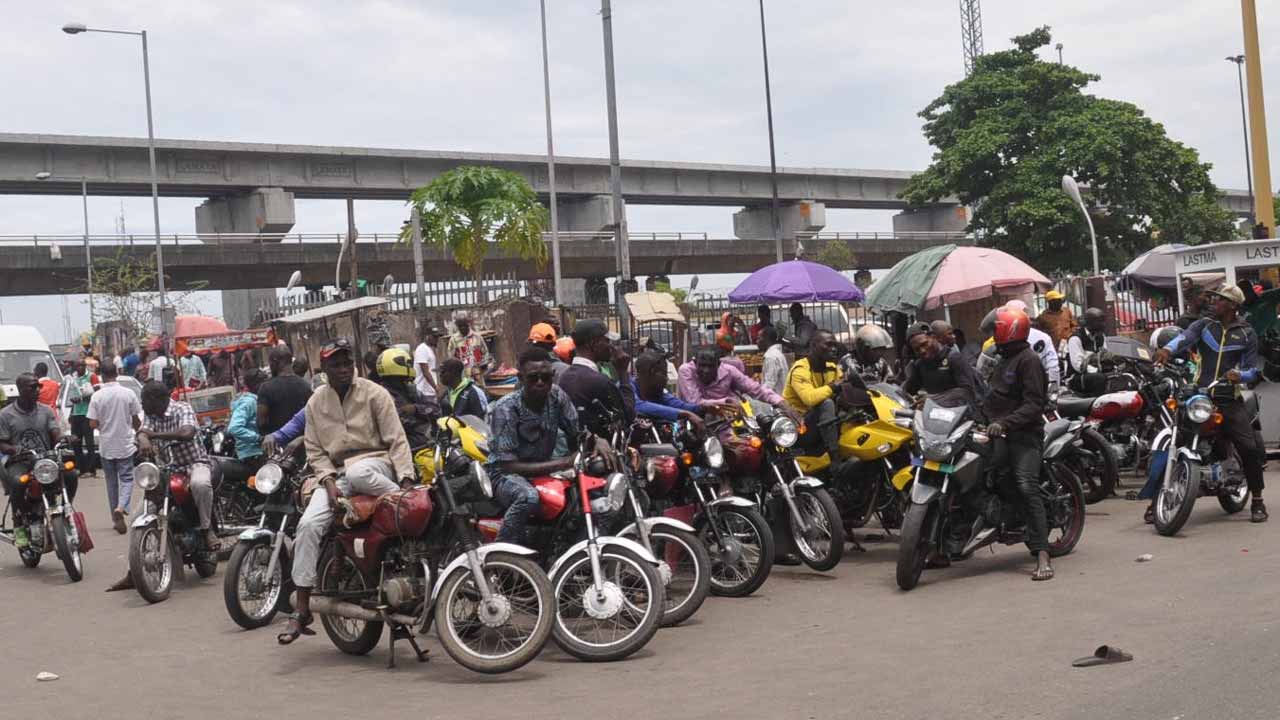The World Bank’s recent Nigeria Development Update, December 2023 edition, highlighted that the Federal Government’s intended cash transfer of N25,000 per month has only reached 1.5 million households out of the projected 15 million, representing just 0.1% of the target.
According to Alex Sienaert, the World Bank’s Lead Economist for Nigeria, the government’s plan to disburse cash transfers of N25,000 monthly for three months aims to aid low-income households. However, the progress has been sluggish, with a fraction of the intended beneficiaries currently benefitting from the scheme.
The delay in disbursing these funds might be linked to a low number of poor and vulnerable individuals possessing National Identity Numbers (NIN), which is a prerequisite for receiving the cash transfer. The presentation revealed that by December 31, 2022, only 0.10% of those registered in the National Social Registry had a valid NIN, representing a significant hurdle in reaching the intended beneficiaries.
Sienaert emphasized the pivotal role of NIN in the cash transfer program, indicating that the State Social Registers are undergoing a thorough verification process led by the Federal Ministry of Humanitarian Affairs and Poverty Alleviation, in collaboration with State governments, to facilitate the effective disbursement of funds.










